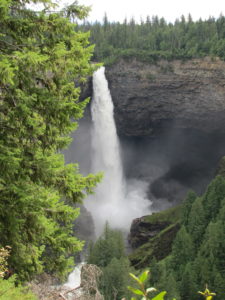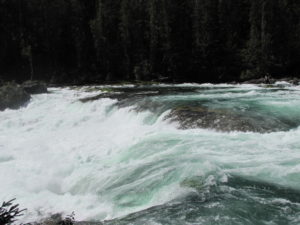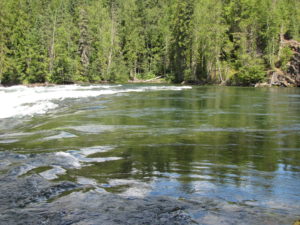This is an article I wrote back in 1999, so the references are a bit dated. I feel it is still a useful review of the literature up until then.
To most ecopsychologists, the existence of a human-nature disconnection in most modern individuals and in modern culture as a whole may be self-evident: In industrial societies, most people live indoors and most interactions take place either with other people or with huma n-made artifacts. Most people spend more time watching television than being outdoors. More people go to theme parks than go to national parks. Many ecopsychologists claim that this physical separation from the natural world leads to a psychological disconnection, that the physical separation arises from the psychological alienation, or both.
For ecopsychologists, the psychological or spiritual disconnection from more-than-human nature can lead to:
- ecologically destructive behaviour. Separation from nature on a cultural level is seen as a root cause of the ecological crisis.
- various forms of individual human suffering. Some addiction, anxiety, depression, and anger are seen as reactions to the disconnection from nature.
- various forms of social and collective suffering. Racism, sexism, violence, and alienation from society are seen as arising along with the disconnection from nature.
There is an alternative view within ecopsychology:




